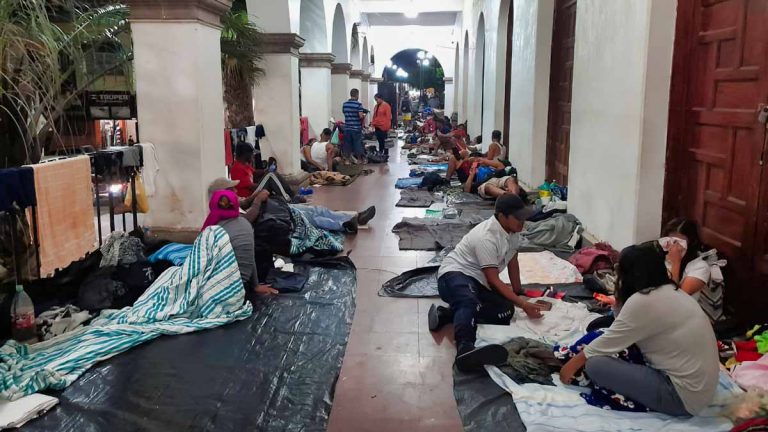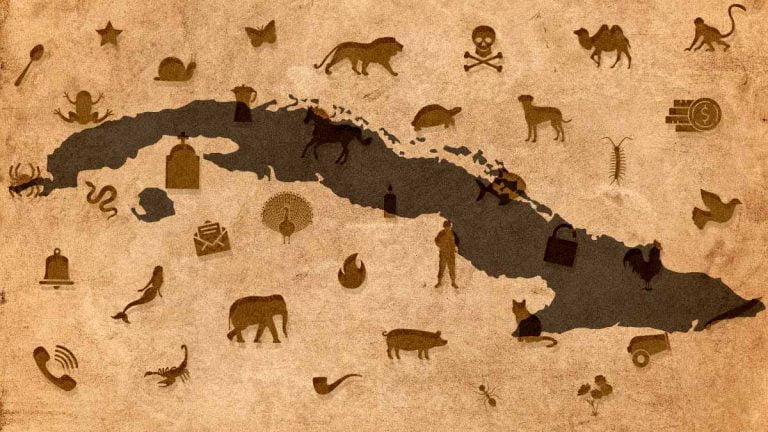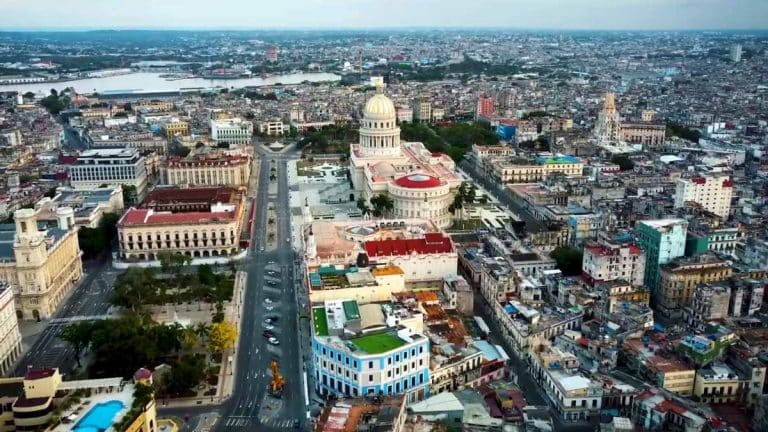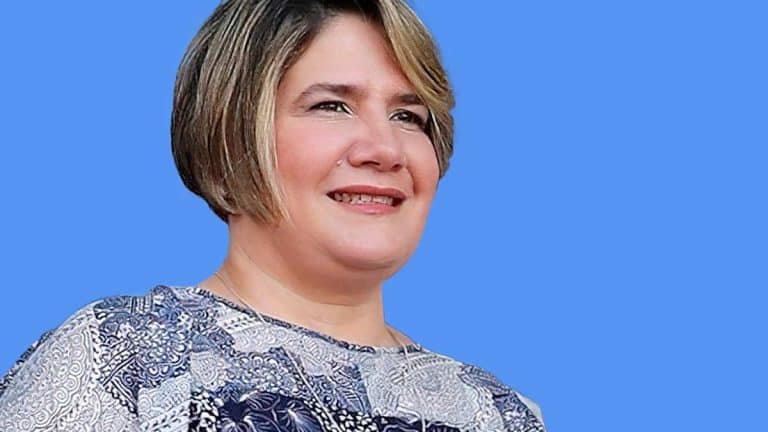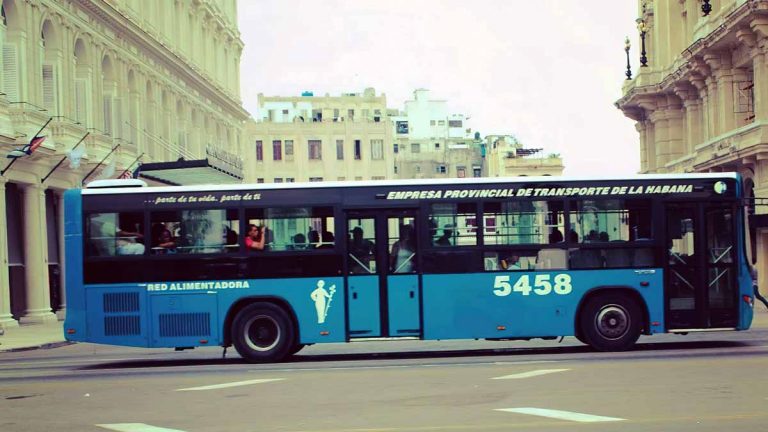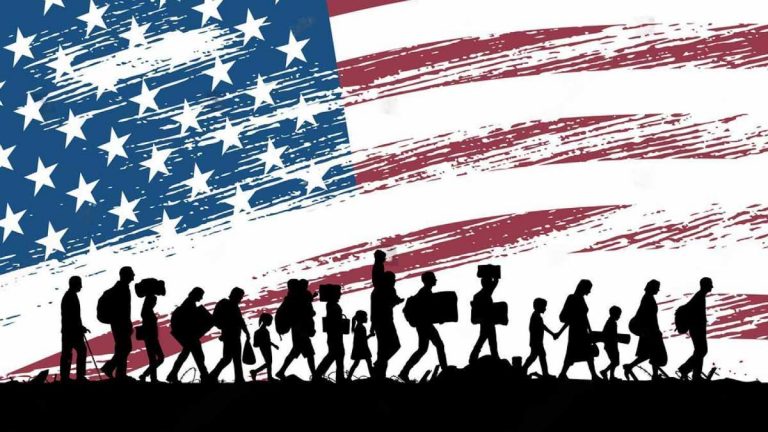The Exodus of Cuba: Over 50,000 Cubans Leave via Humanitarian Parole
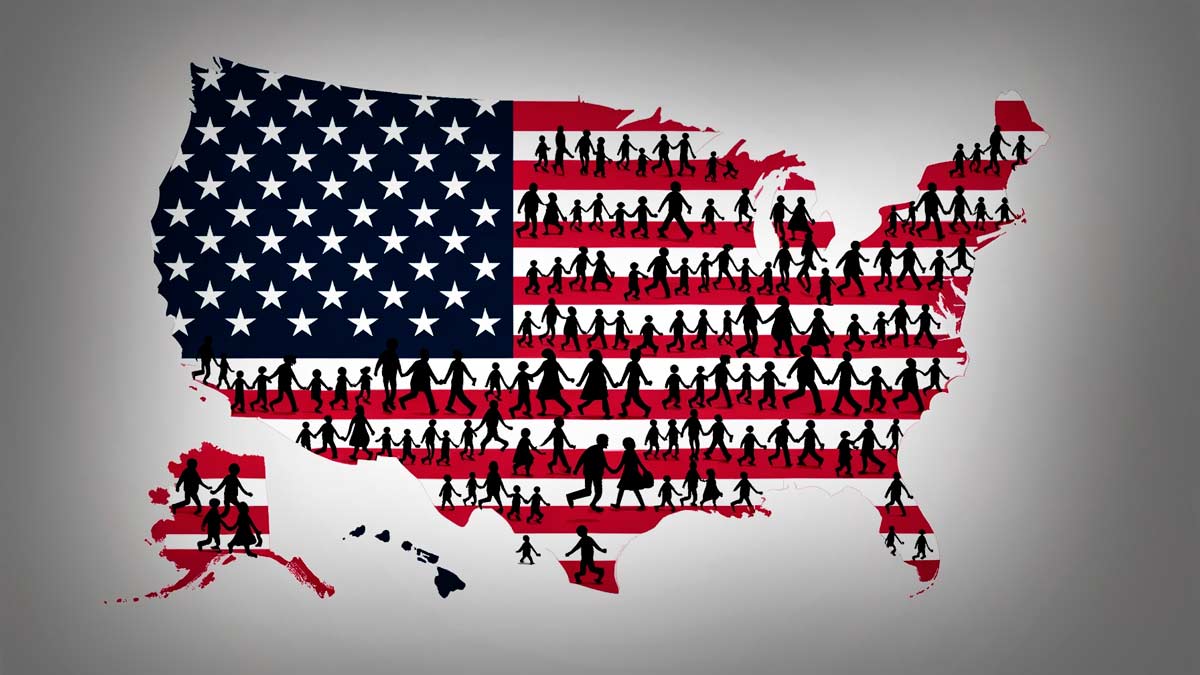
From January to September, more than 52,000 Cubans were granted permission to travel to the United States under the Humanitarian Parole program.
According to data released by the U.S. Customs and Border Protection (CBP), 50,185 of these have already set foot on American soil.
Comparative Statistics
By the end of September, a total of 240,000 individuals hailing from Cuba, Haiti, Nicaragua, and Venezuela have legally entered the United States, benefiting from this special immigration program.
Among these nationalities, Cubans rank third, receiving 52,053 approvals. Haitians lead the list with 96,445 permissions, followed by Venezuelans with 73,092—whose program was initiated in October 2022. Nicaraguans come in fourth with 44,298 approvals.
Important Note: Being granted this parole doesn’t mean automatic entry into the U.S., as CBP authorities have the final say in the admission process.
Unveiling the Numbers
While CBP did not disclose the exact number of total applications since the inauguration of the program by President Biden on January 5th, it revealed that as of September, 265,888 people from these countries have been favored.
Biden’s administration introduced this initiative with the aim of addressing the migration crisis and streamlining entries. The introduction of this program has notably reduced the number of Cuban migrants at the Mexican border.
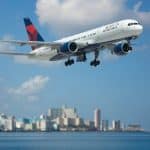
Challenges Facing the Program
- Legal Battles: The program is facing legal challenges from 21 Republican states.
- Application Backlog: An accumulating backlog of pending applications.
- Alternate Routes: Due to these issues, some Cubans are resorting to dangerous alternative paths to enter the United States. In fiscal year 2023 alone, 200,287 Cubans entered the U.S. via land. Some even attempted to cross the Florida Straits, and at least 4,210 were returned to Cuba after interception.
Uncertainty for Economic Sponsors
For those applying with an economic sponsor, the future of the program remains uncertain. A court ruling on August 31 indicated that the program’s fate would be decided by the end of the year.
In May, alterations were made to the selection process, which now combines random approvals with priority given to older cases.
According to the State Department, U.S. and Cuban representatives will discuss bilateral Migration Agreements in Havana on November 14.
This situation remains fluid and warrants continued attention. For more updates on this and other current affairs, stay tuned.

